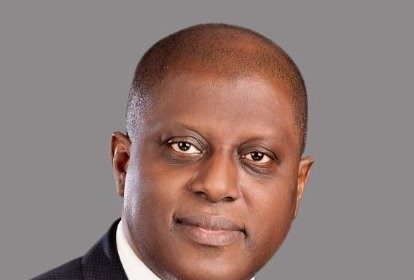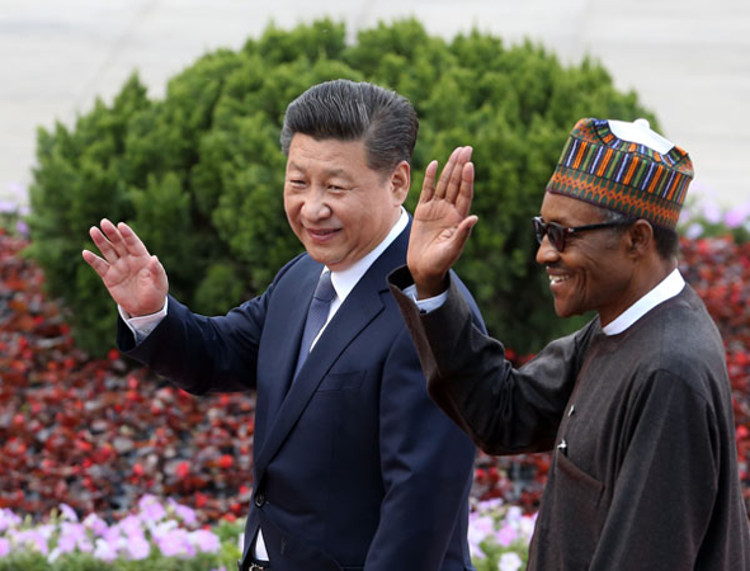National debt: Every Nigerian now owes N619,501 – FG
National debt: Every Nigerian now owes N619,501 - FG
Management office gives details of Nigeria’s $103bn debt
The Debt Management Office (DMO) has provided details of Nigeria's rising debt…
BREAKING: Nigeria’s external debt now N39tn – FG
The Federal Government has said that as of December, 2021 the country's…
‘Nigeria’s loan from China is just $3.59. It cannot just pounce on our asset’
The Debt Management Office (DMO) has said that Nigeria's indebetness to China…
FG offers N100bn worth of bonds on June 26
The Federal Government has offered for subscription by auction N100 billion worth…





